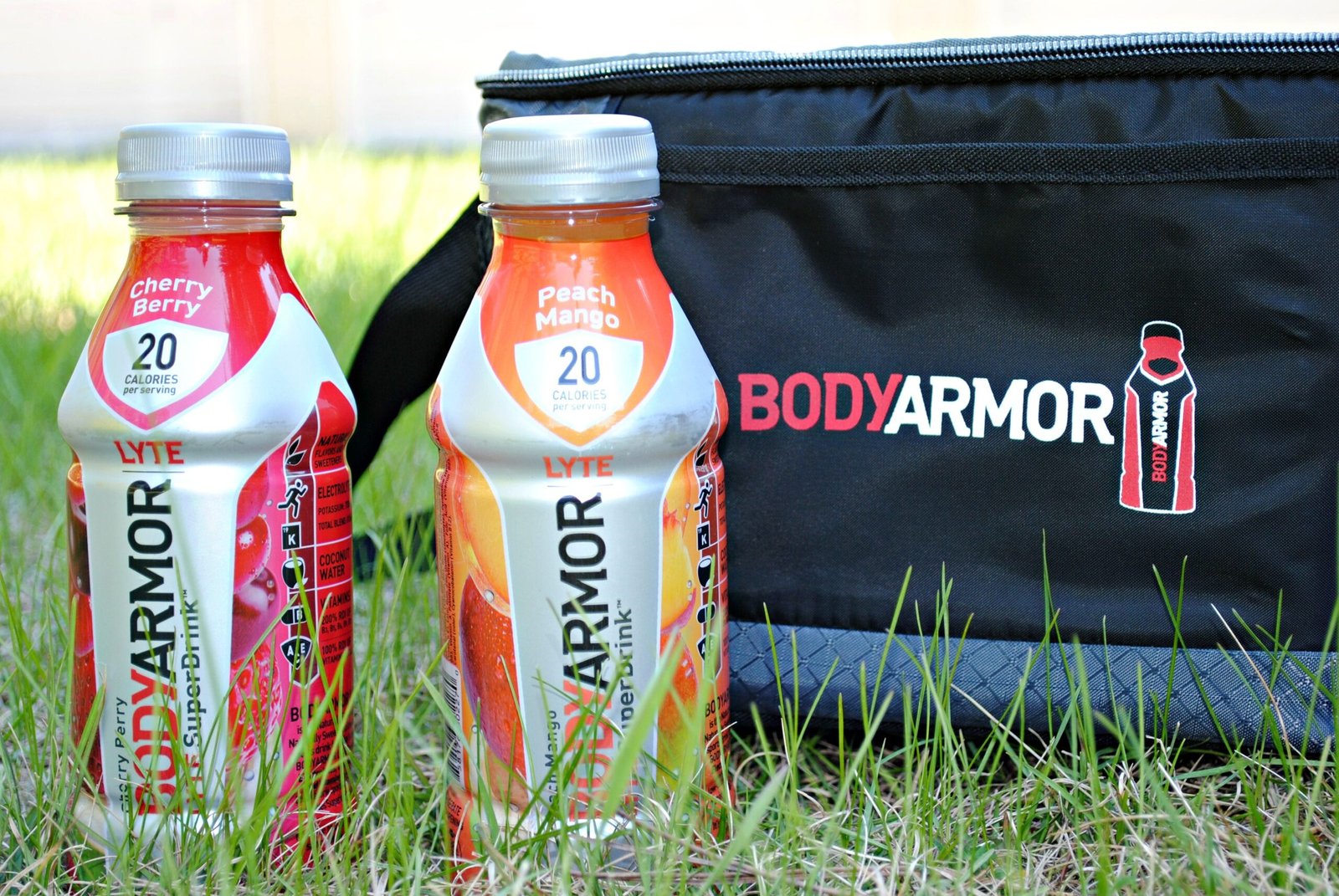Is body armor healthy? This question has been on the minds of many individuals looking for a refreshing beverage option. With so many different products on the market, it can be challenging to decipher which ones are actually good for you. In this blog post, we will take a deep dive into the facts and myths surrounding body armor to determine if it truly lives up to its healthy claims.
What Exactly is Body Armor?
Body Armor is a sports drink that has risen in popularity among athletes and fitness enthusiasts for its claim to be a more health-conscious alternative to other beverages on the market. It’s formulated with a mix of electrolytes, vitamins, and coconut water aimed at enhancing hydration and recovery after physical exertion. The unique selling proposition of Body Armor lies in its combination of ingredients designed to offer a more natural and nutrient-rich profile compared to traditional sports drinks, which are often criticized for their high sugar and artificial additive contents. By integrating coconut water as a base, Body Armor not only aims to provide superior hydration but also to deliver a host of other health benefits attributed to this natural source of electrolytes and nutrients.
Nutritional Breakdown of Body Armor
Delving into the nutritional specifics of Body Armor, it’s crucial for consumers to understand what they are consuming with each sip. A standard bottle typically harbors around 70 calories, making it a relatively low-calorie option for a sports drink. The sugar content stands at approximately 18 grams per bottle, which might raise eyebrows for those monitoring their sugar intake closely. Beyond the basics of calories and sugar, Body Armor is infused with a variety of vitamins and minerals aimed at supporting overall health and recovery post-exercise. Key among these are vitamin C and E, known for their antioxidant properties, and potassium, which plays a pivotal role in electrolyte balance. Additionally, Body Armor boasts a selection of B vitamins, essential for energy production and efficient metabolic function. This blend of nutrients underscores the brand’s commitment to offering a drink that not only hydrates but also nourishes the body, making it a contender in the realm of sports beverages for those evaluating their dietary choices.
The Hydration Equation: How Body Armor Compares
When it comes to staying adequately hydrated, particularly after intense physical activities or exercise, the role of electrolytes cannot be overstated. These essential minerals, including potassium, sodium, and magnesium, are crucial for regulating the body’s hydration levels. Body Armor positions itself strongly within this hydration equation by offering a robust blend of these electrolytes, mirroring the body’s own needs for replenishment after sweat loss. This strategic mix not only aims to restore what’s lost during physical exertion but also enhances the body’s ability to maintain optimal hydration levels longer than water alone might. Compared to other sports drinks, Body Armor leverages its unique formula, which incorporates coconut water—a natural source of electrolytes and hydration—to differentiate itself. This inclusion not only elevates its hydrating capabilities but also aligns with a growing consumer demand for more natural and less processed ingredients in sports beverages. By focusing on this natural and electrolyte-rich composition, Body Armor asserts itself as a formidable option for athletes and fitness enthusiasts looking for effective hydration solutions that support their body’s needs before, during, and after intense workouts.
Potential Health Benefits of Body Armor
The potential health benefits of incorporating Body Armor into your diet extend beyond simple hydration. This sports drink’s formula, rich in electrolytes like potassium, sodium, and magnesium, is designed to closely mimic the body’s natural needs after physical activity, promoting efficient recovery and rehydration. The presence of B vitamins plays a crucial role in energy production, supporting metabolic processes during and after exercise. Meanwhile, the antioxidants found in vitamins C and E contribute to reducing oxidative stress and bolstering the immune system. The coconut water base not only offers a natural hydration solution but also brings with it additional nutrients and potential antioxidant benefits. These attributes collectively make Body Armor a compelling choice for individuals seeking a beverage that supports their fitness goals while also contributing to their overall nutritional intake.
Are There Any Downsides?
Despite the potential health benefits offered by Body Armor, certain considerations might give consumers pause. The beverage’s sugar content is notably higher in some variants, which could be a deterrent for those actively managing their sugar consumption or individuals with dietary restrictions. This aspect is particularly critical in an era where reducing sugar intake is a growing health trend. Moreover, the effectiveness of the added vitamins and minerals in promoting health might not match the bioavailability found in whole foods. This discrepancy can lead to questions about the actual nutritional value obtained from drinking Body Armor, especially when compared to consuming nutrients directly from their natural sources. The emphasis on natural hydration and nutrient replenishment, while beneficial, does not entirely mitigate these concerns. Therefore, potential consumers should weigh these factors carefully, especially if they are considering making Body Armor a regular part of their hydration strategy.
The Verdict: Is Body Armor Healthy?
When considering the healthiness of Body Armor, it’s essential to look at the beverage through a holistic lens. For individuals engaging in high-intensity workouts or athletic activities, Body Armor offers a compelling mix of hydration and nutrition that may support recovery and energy levels, thanks to its electrolytes and vitamin content. However, the decision to incorporate it into one’s diet should be informed by an awareness of its sugar content. For those prioritizing low-sugar diets or with specific health considerations, it might not be the optimal choice. Ultimately, Body Armor can play a beneficial role in a well-rounded diet for those seeking a nutrient-rich sports drink, provided it is consumed in moderation and alongside other healthful dietary practices. The balance between its advantages and sugar content is a key consideration, making it suitable for some lifestyles and dietary needs more than others.










